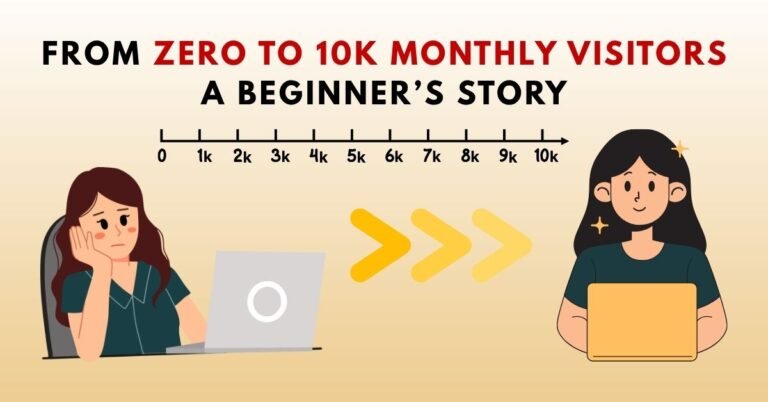As a new blogger, you’ve probably heard that backlinks are “the currency of SEO.” But what exactly are backlinks, and how do you earn them without spamming or begging? If you’re trying to grow your blog, getting high-quality backlinks is essential — and that’s where off-page SEO comes in.
In this beginner-friendly guide from Helping Bloggers, you’ll discover actionable and ethical ways to get backlinks, build authority, and climb up the search engine rankings — even if you’re just starting out.
What is Off-Page SEO?
Off-page SEO refers to all optimization efforts done outside your own website to improve its position in search rankings. While on-page SEO focuses on content and site structure, off-page SEO is largely about building backlinks, brand mentions, and authority from external sites.
Why Off-Page SEO Matters:
- Helps search engines determine your site’s credibility
- Increases domain authority
- Drives referral traffic
- Improves ranking for competitive keywords
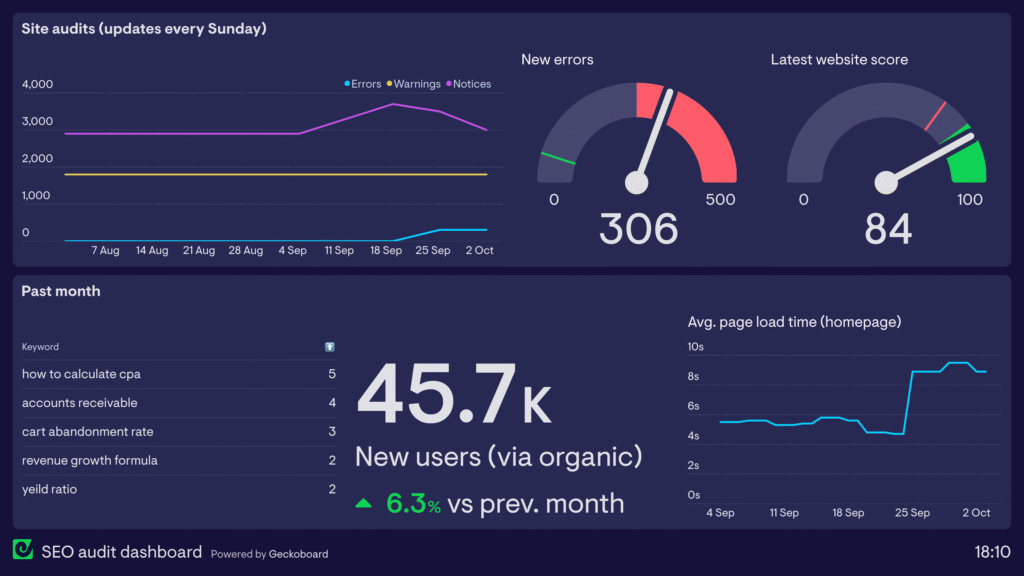
Why Backlinks Are Crucial for Bloggers
Backlinks are links from other websites that point to your blog. Google sees these links as “votes of confidence.” The more quality links you get from reputable sites, the more trustworthy your blog appears.
Benefits of Backlinks:
- Improved SEO rankings
- Increased referral traffic
- Faster indexing of your content
- Enhanced domain authority
Not all backlinks are created equal. A single link from a site like HubSpot or Forbes can outweigh 100 links from low-authority, spammy websites.
10+ Proven Off-Page SEO Tips to Get Backlinks
Here’s the good stuff — practical strategies to start getting backlinks that actually work for beginners.
1. Create High-Quality, Link-Worthy Content
The foundation of link building is great content. People link to valuable, unique, and useful content. Focus on:
- In-depth guides
- Original research
- Case studies
- Infographics
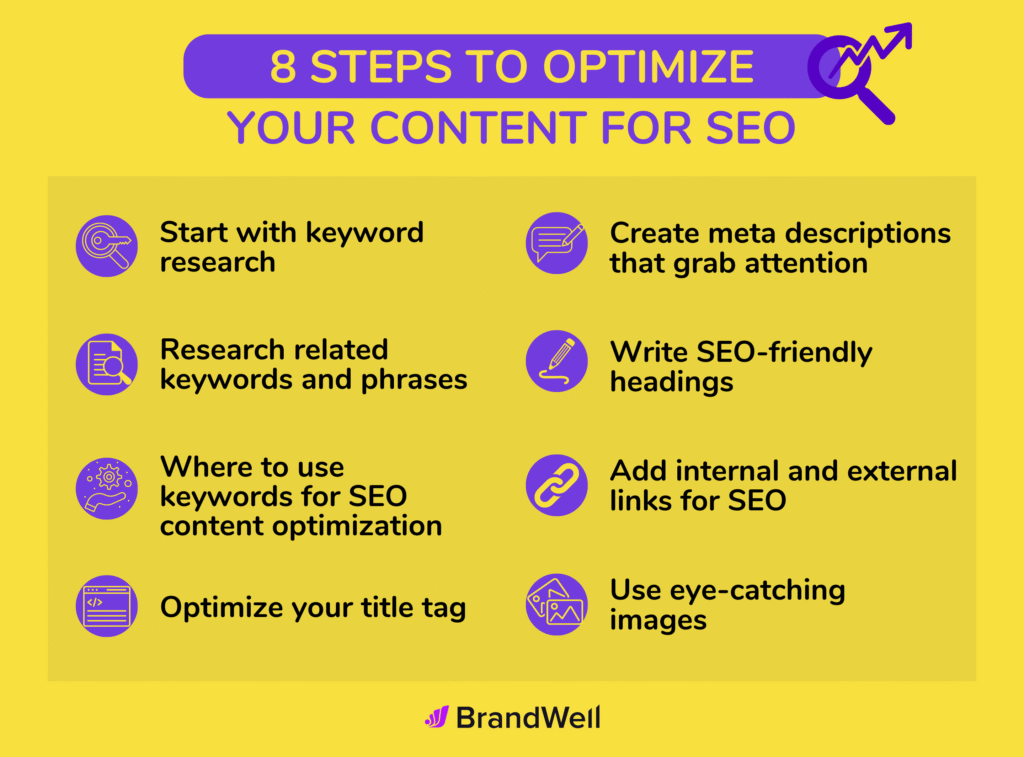
2. Use Guest Posting to Reach New Audiences
Guest posting is when you write content for other blogs in exchange for a backlink. It’s a win-win: they get content, you get exposure and SEO juice.
Steps to guest post:
- Identify blogs in your niche
- Pitch unique topic ideas
- Write valuable content
- Include a link back to your site (in bio or content)
Tip: Look for blogs with “Write for us” pages or search:
keyword + write for us.
3. Leverage HARO (Help A Reporter Out)
HARO connects bloggers with journalists. You can get featured in high-authority publications by providing expert quotes.
- Sign up as a source
- Respond to relevant queries
- Include your blog’s URL in your credentials
4. Promote Your Content Strategically
Don’t just publish and pray. Promote your content on:
- Reddit (in relevant subreddits)
- Quora (answer questions and link where relevant)
- Facebook and LinkedIn groups
- Twitter threads
The more eyes on your post, the higher chance of someone linking to it.
5. Use Skyscraper Technique
Popularized by Brian Dean of Backlinko, this method involves:
- Finding high-ranking, high-backlink articles in your niche
- Creating a better version (more detailed, up-to-date)
- Reaching out to those who linked to the original
Tools like Ahrefs or Ubersuggest help identify backlink profiles.
6. Build Relationships in Your Niche
Networking with other bloggers helps you earn natural backlinks over time. Here’s how:
- Leave thoughtful blog comments
- Share their content on social media
- Send appreciation emails
- Collaborate on roundups or interviews
[IMAGE PLACEHOLDER: Bloggers collaborating virtually — Search Google for: “blogger outreach email sample”]
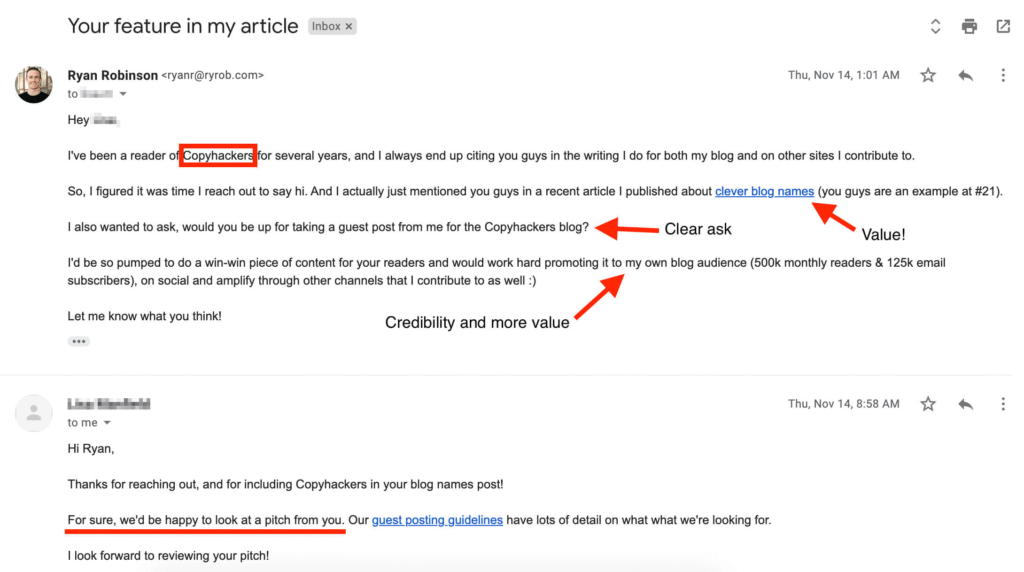
7. Submit Your Blog to Relevant Directories
While outdated directories are spammy, niche-specific directories can be valuable:
- Blogarama
- AllTop
- Feedspot (free and paid options)
Make sure the directory is active and relevant.
8. Repurpose Content into Visual Assets
Turn blog posts into:
- Infographics (great for Pinterest backlinks)
- Slide decks (share on SlideShare)
- YouTube videos (include your blog link in the description)
Visual content is more likely to be shared and linked.

9. Broken Link Building
Find broken links on other blogs and suggest your relevant content as a replacement.
How it works:
- Use a tool like Check My Links or Ahrefs
- Spot broken links in your niche
- Reach out and offer your article as a replacement
10. Participate in Expert Roundups
Expert roundups are blog posts that include tips from multiple experts. These often include backlinks to each participant’s site.
Search for opportunities with:
keyword + expert roundupkeyword + blogger roundup
Or create your own and link to each contributor — they’ll likely share (and backlink) in return.
11. Use Internal Link Building First
While internal links aren’t technically “off-page,” a good internal structure can boost SEO and make your content more appealing for backlinking.
- Link to other blog posts from every new post
- Use descriptive anchor text
- Group related content with topic clusters
Common Mistakes to Avoid with Off-Page SEO
- Buying links (violates Google guidelines)
- Using private blog networks (PBNs)
- Spamming forums or comment sections
- Focusing on quantity over quality
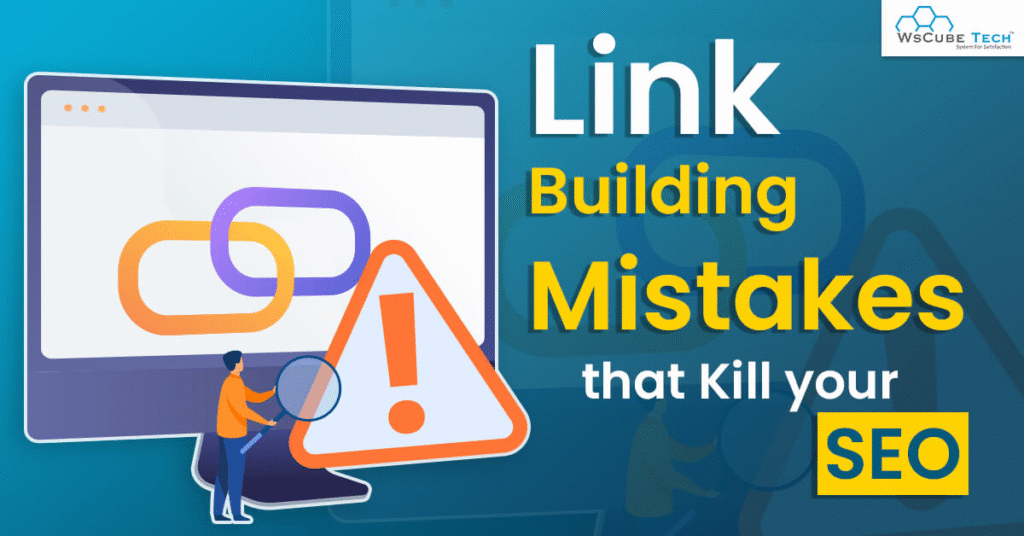
FAQ: Off-Page SEO & Backlinks
No. A link from a high-authority, relevant website is much more valuable than 10 low-quality links.
There’s no fixed number — it depends on your niche and the competition. Focus on quality over quantity.
Final Thoughts: Start Building Links the Right Way
Off-page SEO may feel overwhelming, but it’s one of the most powerful ways to grow your blog in the long run. Start with one or two strategies that feel doable — guest posting, HARO, or content promotion — and expand as you grow.
Remember: backlink building is a marathon, not a sprint. Consistency, value, and real connections will take you further than any quick fix.

